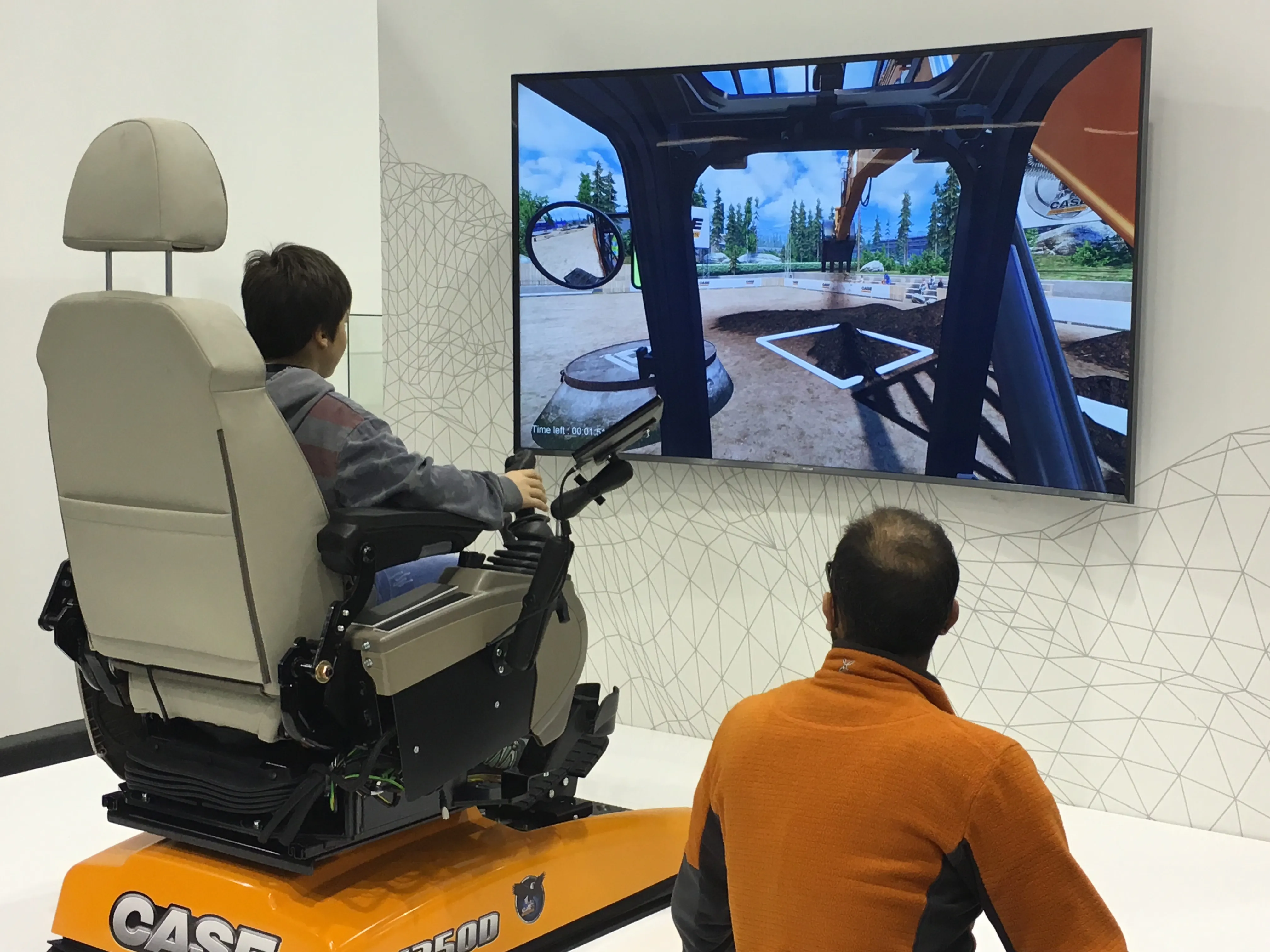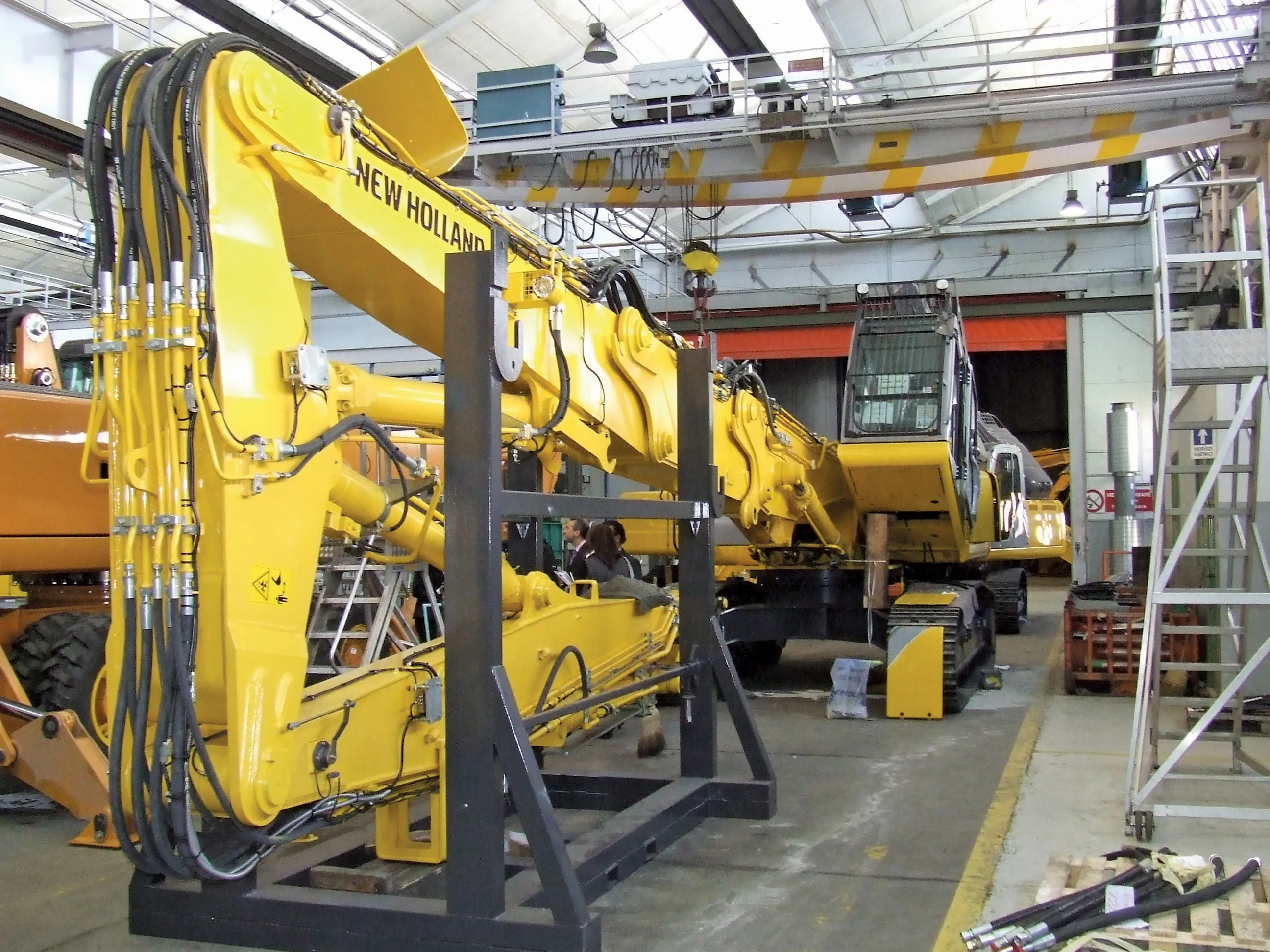
Unnecessary document requests by Turkish customs officials could be costing European manufacturers business and disrupting supply chains, according to the Committee for European Construction Equipment.
These requests and undue inspections of construction machinery are often carried out by over-zealous customs officials, says the CECE. This is hurting the trade in machinery by increasing costs and delivery timelines and, importantly, is not abiding by the European Union-Turkey Customs Union. It is also not abiding by the agreed application of the EU Blue Guide, which is the basis of these import procedures in Turkey as well.
Turkish customs inspections are carried out under TAREKS - Risk-Based Trade Control System. It was launched at the end of 2010 by the ministry of trade to carry out safety and quality checks on the export and import goods electronically and on a risk basis.
Officially, the system is designed to be accommodated via the web, using e-signature, to increase the efficiency of trade and provide safe and quality products to consumers and firms. The goal, according to Turkish ministry information, is to use its resources to tackle the attempted importation of “risky” products and reduce importation waiting periods at customs.
TAREKS covers many sectors apart from construction equipment. These include personal protective equipment, toys, batteries and accumulators, radio and telecommunications terminal equipment, medical devices, machines, lifts, pressure equipment, electrical and electronic equipment.
In an effort to control some Chinese-made machinery, which is often considered non-compliant and risky, the administrative procedures and the use of the TAREKS system may be become even more burdensome for EU manufacturers as well, according to Riccardo Viaggi, secretary general of the CECE – Committee for European Construction Equipment.
CECE, based in Brussels, represents the interests of national construction equipment manufacturer associations throughout Europe. The equipment manufacturing sector counts for around 1,200 companies and the CECE promotes and co-ordinates the views of National Associations and their members by influencing the European and national institutions and other organisations worldwide with a view to a more fair competitive environment. This includes harmonised standards and regulations.
The issue is not TAREKS itself which is similar to importation systems in many countries and which has worked well enough in the recent past. The importation of EU construction equipment, including any physical inspections and document checks, should be ‘seamless’. This goes for Turkish equipment being sent to EU dealers and customers. The basis of this is the EU Blue Guide that ensures European-made construction equipment is free to circulate within the EU member countries.
Turkish-made machinery can enter the EU market with equally fewer customs inspections, as a reciprocal agreement. In fact, the EU has even paid for an official translation of the Blue Guide into Turkish.
He says the CECE first started hearing about an issue around a year ago. Turkish customs has been asking OEMs for documents that the manufacturers don’t need to provide within the EU. Viaggi says that some of the information being requested is sensitive and protected under law as trade secrets. “It could be as basic as some declaration of conformity, which you wouldn’t need to produce for customs authorities within the EU,” he says.
“There might be some documents relating to testing results and standards. We have trade brokers or leasing companies that our members regularly use which are asking for documents just in case they themselves are asked by customs officials for them. So it may not always be the demand of customs authorities wanting to see the documents. Members are telling us that they are losing deals because of this.”
In one case the CECE heard that a dealer wanted a bill of materials used in the manufacture of the product.
Viaggi says the CECE doesn’t have numbers on how long these delays can take. Reports are that sometimes it can take weeks, other times months, or maybe only a few days.
In fairness, Turkish authorities have moved to a degree on the issue and have set up some specific pathways to smooth out inspections. “But it is a slow process and we may be the unintended victims of certain further checks to police the market from Chinese non-compliance,” says Viaggi.
Turkish manufacturers and dealers – which are members of CECE - are aware of the TAREKS issue and have been facilitating discussions between the parties involved. The issue was also raised at ministerial level between the EU and Turkish government last October.
Meanwhile, the European Commission will host a webinar with Turkish officials on the subject in mid-April.
The CECE is requesting that its member companies to get in touch by writing to [email protected] to know more about the problem and to report any additional issues they are experiencing.








